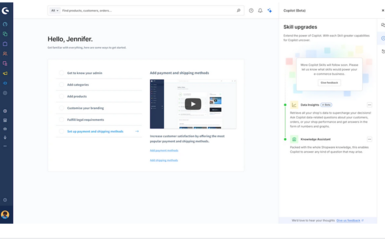Stress management in IT professions

Reading time:
minutes
Between deployment deadlines, system failures and the continuous need for learning, IT professionals must actively protect their mental health. But what can effective stress management in the tech world look like? A structured approach shows that stress is not inevitable, but can be actively managed.
The art of setting boundaries
The constant accessibility is particularly problematic in IT professions. A DevOps engineer at a Frankfurt start-up reports on his solution: “I have two separate smartphones – one for on-call duty and one for private use. When I'm not on call, my work cell phone stays off.” Such clear digital boundaries are essential. Successful strategies include, for example, setting offline times, communicating them to the team, setting up automatic email replies outside of working hours and deactivating push notifications after work.
Time management rethought
The Pomodoro technique has proven particularly useful in software development. A senior developer from Berlin explains: “25 minutes of focused work, 5 minutes of break – it sounds simple, but it has doubled my productivity and halved my stress.”
Successful time management strategies in the IT context:
- Concentrated coding phases without meeting interruptions
- Regular screen breaks with movement
- Time-boxing for complex debugging sessions These methods help to effectively manage mental energy throughout the day.
Physical compensation strategies
The physical component is often underestimated in the IT sector. A tech company in Hamburg has developed an “active coding” approach: height-adjustable desks, yoga sessions between meetings and a “walking meeting” culture. The effect: 45% fewer back problems and a measurable reduction in stress levels. Proven physical countervailing strategies include regular exercise breaks with specific exercises for screen workers, ergonomic workplace design and the integration of movement into the daily work routine.
Integration instead of isolation
Successful stress management in IT professions requires a holistic approach. The combination of digital disconnection, effective time management, physical balance and structured learning forms the foundation for a sustainable career in the tech industry. Companies are encouraged to actively support these strategies and integrate them into their corporate culture. The return on investment is considerable: lower fluctuation, higher productivity and innovative solutions through balanced employees.
The future of IT work lies not in the denial of stress, but in its active management. Companies that recognize this and create the appropriate conditions will be ahead of the competition for the best talent.




